Breakups are one of the most emotionally challenging experiences we face in life. They not only affect our hearts but also influence our mental health, confidence, and outlook on the future. When a relationship ends, it can feel like the world has come crashing down. Suddenly, routines are broken, familiar places feel strange, and even simple daily activities remind us of what we’ve lost.
Discover 9 powerful ways to heal after breakups and moving on, with practical steps to rebuild your strength, self-love, and happiness.
But here’s the truth: breakups are not the end of your story—they are the beginning of a new chapter. Healing from heartbreak and learning to move forward is possible, even if right now it feels unbearable. The journey is never easy, but with patience, reflection, and self-compassion, you can rebuild yourself stronger than before.
In this article, we’ll explore 9 powerful ways to heal after a breakup and move on with strength. These strategies are designed to help you not just survive, but thrive after heartbreak.
Allow Yourself to Grieve Without Judgment
The end of a relationship is a loss, and like any loss, grief is natural. Trying to suppress your emotions or pretending everything is fine will only prolong your healing. Instead, give yourself permission to feel. Cry if you need to, journal your thoughts, or talk openly with a trusted friend.
Healing begins when you accept that it’s okay to not be okay. Every tear you shed is a step closer to letting go of the past.
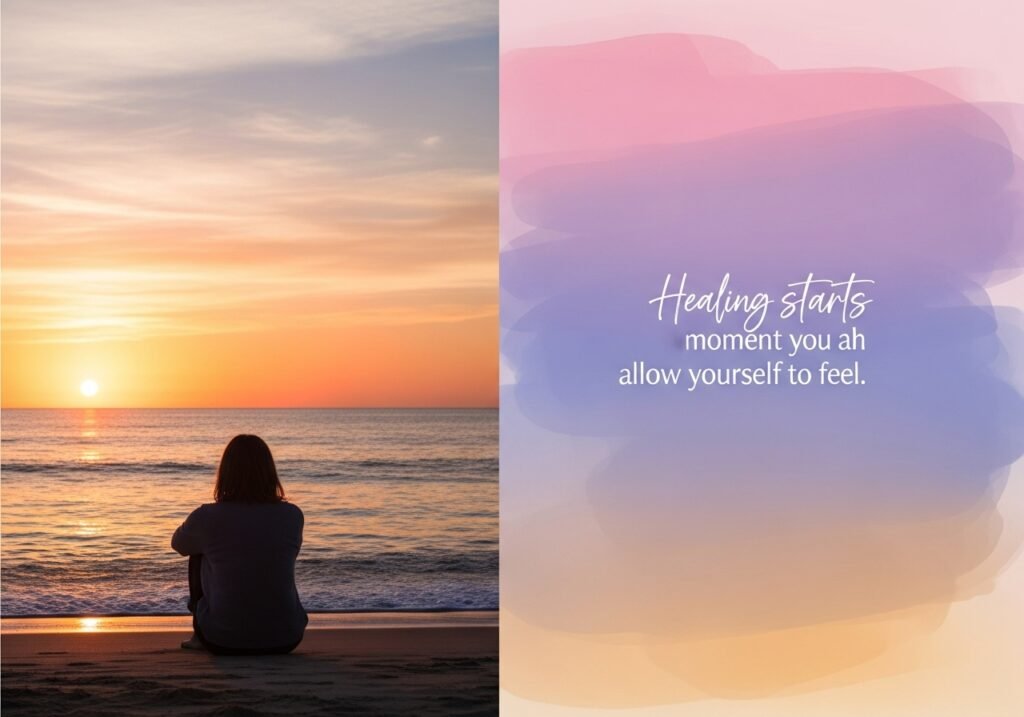
Cut Off Unhealthy Contact
One of the biggest mistakes people make after breakups is staying in constant contact with their ex. While some relationships can evolve into friendship later, right after a breakup, it’s often damaging. Scrolling through their social media or responding to late-night texts only keeps the wound fresh.
Consider creating distance—whether that means unfollowing, muting, or blocking. Protecting your emotional well-being should always come first.
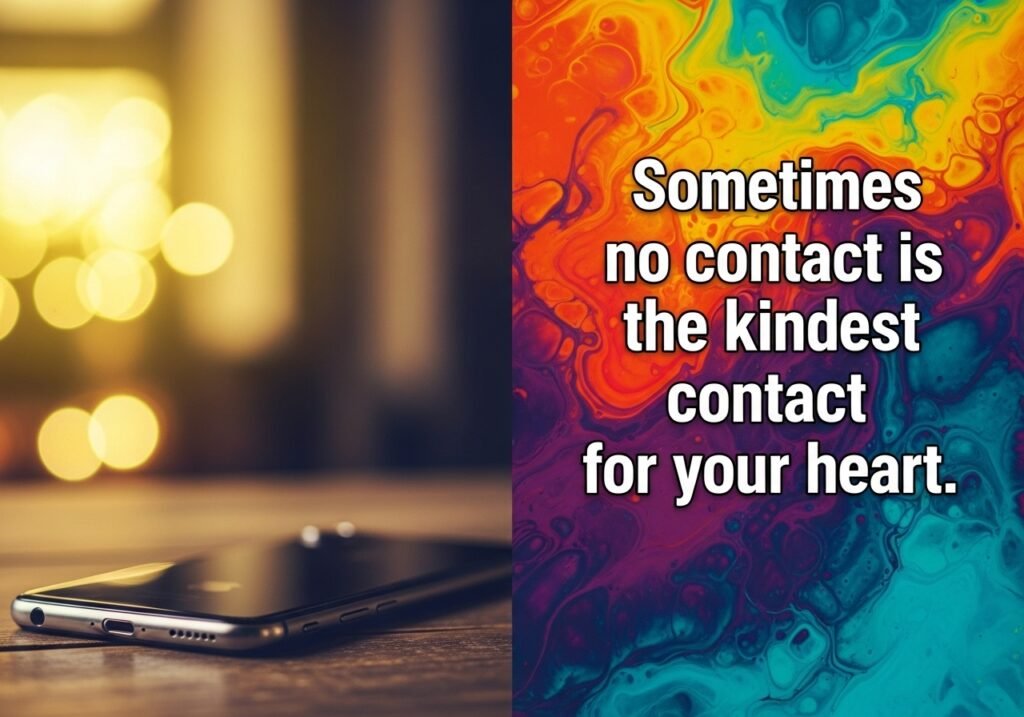
Reconnect With Your Identity
Sometimes, in relationships, we merge our identity with our partner’s. After a breakup, you may feel like you’ve lost a part of yourself. This is the perfect time to rediscover who you are outside the relationship.
Take up hobbies you once loved, or explore new ones. Travel, join a class, or start a fitness journey. The more you reconnect with your own passions and individuality, the stronger and happier you’ll feel.

Build a Support System
Moving on is much harder if you try to do it alone. Surround yourself with friends and family who uplift and support you. Share your struggles openly, and let others remind you of your worth.
If the pain feels overwhelming, consider seeking therapy or joining support groups. Professional help can provide tools to manage emotions, reduce anxiety, and create a healthier mindset.

Focus on Physical Health
Your mind and body are deeply connected. During heartbreak, it’s tempting to stay in bed, binge eat, or neglect self-care. However, physical well-being directly impacts emotional recovery.
Exercise regularly, even if it’s just a short walk. Eat balanced meals, drink enough water, and prioritize sleep. Taking care of your body helps regulate stress hormones, boosts mood, and gives you the energy to rebuild.
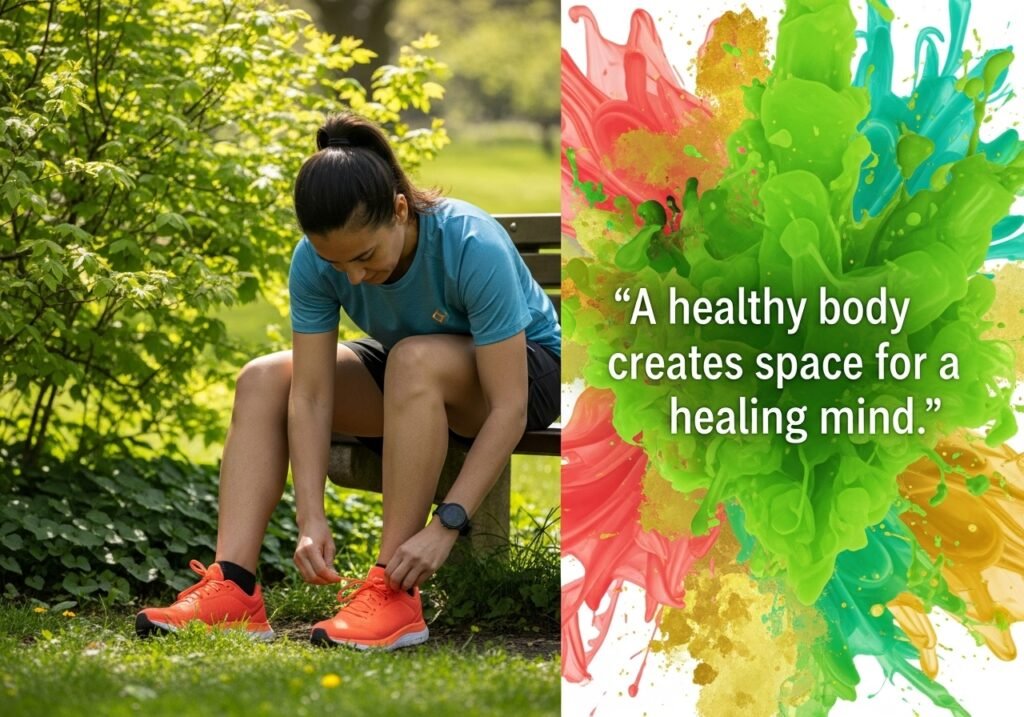
Rewrite Your Narrative
Breakups often make people question their worth: “Was I not good enough?” or “Why did this happen to me?” These negative self-talk loops can keep you stuck in pain. Instead, reframe your story.
Think of your breakup as a redirection rather than a rejection. It didn’t happen to you; it happened for you—to help you grow, learn, and prepare for a healthier, more aligned future relationship.
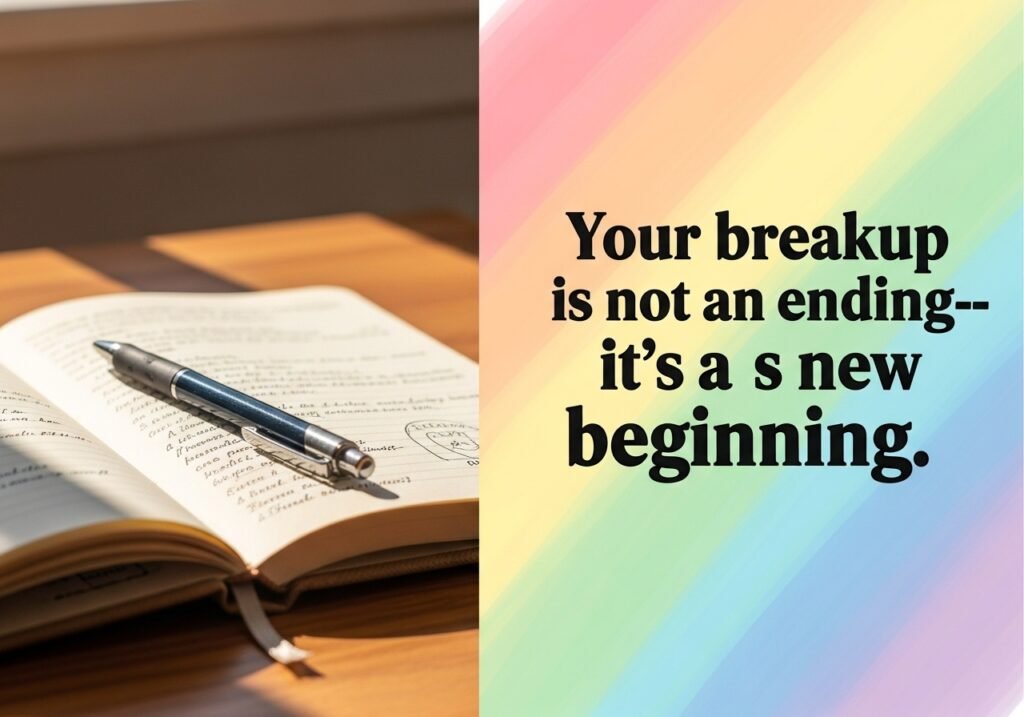
Create New Routines
Old routines remind you of your ex and make it harder to let go. If Sunday mornings used to mean brunch together, create a new ritual like going to the gym or calling a friend. Shifting your habits helps break the emotional associations tied to your past relationship.
Small lifestyle changes can make a huge difference in creating a fresh sense of normalcy.
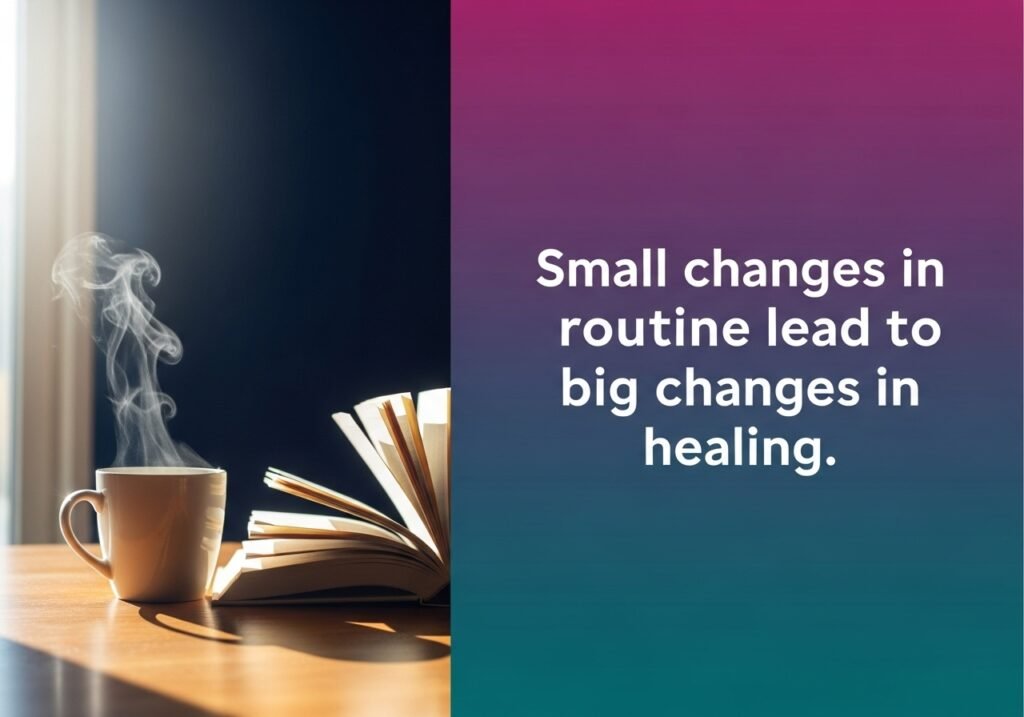
Practice Forgiveness
Forgiveness doesn’t mean excusing hurtful behavior or forgetting the past. It’s about releasing the emotional hold the other person has over you. Carrying anger, resentment, or bitterness only delays your healing.
Forgive your ex for the pain caused, but more importantly, forgive yourself for any mistakes you think you made. Forgiveness is freedom—it allows you to move forward without being weighed down by the past.
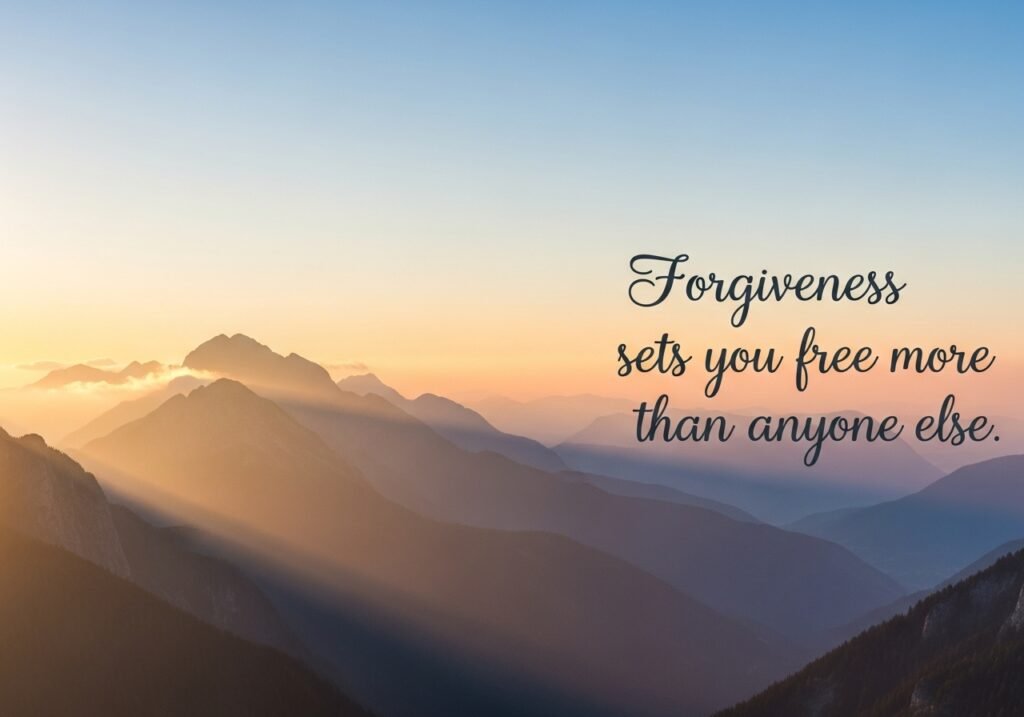
Conclusion
Breakups are painful, messy, and often leave us questioning ourselves. But they are also opportunities for transformation. By allowing yourself to grieve, cutting off toxic ties, reconnecting with your identity, and building new routines, you create space for healing and growth.
Remember: moving on is not about forgetting your past; it’s about using it as a stepping stone to a brighter future. You are stronger than your heartbreak, and the best chapters of your life are still ahead.
FAQs About Breakups and Moving On
Q1: How long does it take to heal after a breakup?
There’s no set timeline—it depends on the depth of the relationship, your support system, and your personal healing process. On average, it can take several months, but focusing on self-growth can speed up recovery.
Q2: Is it okay to start dating again soon after a breakup?
It’s best to wait until you’ve processed your emotions and feel stable. Jumping into a new relationship too quickly may only mask the pain rather than heal it.
Q3: Why do breakups hurt so much?
Breakups trigger a psychological and biological response similar to withdrawal. You lose a sense of attachment, routine, and emotional connection, which makes the experience feel overwhelming.